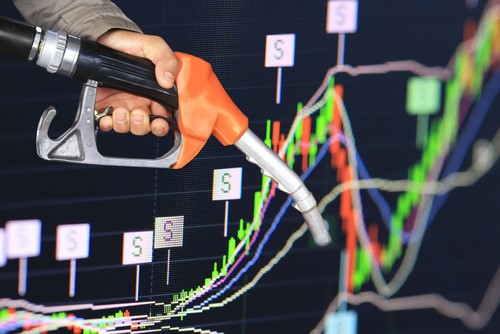Labor groups clamor against oil price hike
- September 25, 2019
- 0

This was the statement Partido Manggagawa (PM) national chair Rene Magtubo said.
“At this point in time, there should be no big-time price hike given that oil companies still have their reserves priced at a lower cost. Any big-time increase should be supported by the DOE’s (Department of Energy) assessment on the oil companies’ present oil reserves and costs. Absent this, big-time oil price hikes will be a windfall to oil companies but would bring about price hikes to basic goods that ordinary workers consumed,” Magtubo was quoted in a Philippine News Agency report.
Secretary general of Sentro ng mga Nagkakaisa at Progresibong Manggagawa (SENTRO) Joshua Mata added that the big oil price hike is risky as the government of the Kingdom of Saudi Arabia has its mitigating measures for the situation.
“From what I gathered, the Saudi government is acting fast to rebuild their capacity, and they should be able to address the problem soon. As such, any additional oil price hikes would be highly speculative,” he said.
“It is therefore imperative that the government should provide assistance to those affected by the oil price hikes,” Mata added.
Vice president for research, advocacy and partnerships of the Federation of Free Workers (FFW) – Nagkaisa Julius Cainglet said the recent oil price increase will affect the workers, as there would be a significant decline in real wages.
“This is grossly unfair to workers. They are raising oil prices on the basis of mere speculation. There should be enough buffer stock in the international market to stave off the price increases,” he said.
This will also affect the purchasing power of workers across the country, according to President of the Trade Union Congress of the Philippines (TUCP) Raymond Mendoza.
“The bigtime fuel price increase will definitely impact the prices of goods and cost of services which will automatically lessen the purchasing power of wage,” said TUCP President Raymond Mendoza in a separate statement.
“This natural increase in the prices of goods and services will be confounded by additional prices imposed by profiteers and profiteering activities who always exploit the weak enforcement of government regulation on prices of basic commodities and services,” he added.
Mendoza called for the government’s intervention to prove that the increases in fuel prices several months before the Saudi’s oil field attack were not overpriced.
“The Department of Energy must examine the books of these oil players and conduct price validation audit and check whether current fuel prices truly reflect movements in the global market,” he said.
Last Tuesday, an oil price hike was implemented with prices on gasoline by as much as P 2.35 per liter, diesel by P 1.80 per liter and kerosene by P 1.75 per liter.
According to reports, Saudi’s oil production would be fully restored by the end of September after it was suspended due to the attacks.